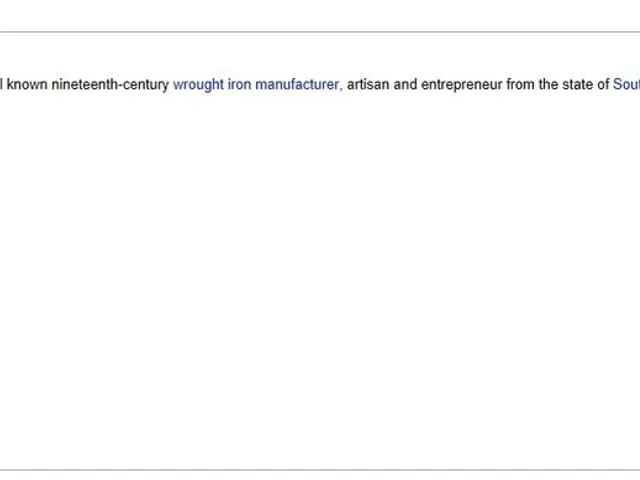Unraveling Ethical Complexities in Fantasy Fiction: Gray Characters Bring More Captivating Narratives
A New Take on Good and Evil in Fantasy
Ever since I first dove into the enchanting realms of The Hobbit and The Chronicles of Narnia, the lines between good and evil were as clear as day. But as I've ventured further into the literary world, I've found myself drawn to stories that delve into the murkier depths of moral ambiguity.
The Knight and the Rebel was my attempt to create a tale where both sides could appear right—or wrong—depending on how you looked at it.
Take Ragnar, a man determined to reform the Empire from within. He employs his influence and power to shield his people, all while harboring a genuine belief that progress and civilization are within reach. Then there's Maja, who sees the Empire as an unshakable force of oppression and is driven to tear it down. Both of them fight for their homeland and people, but their methods and ideas inevitably clash.
It's a concern of morality that's not foreign to the fantasy genre, having been masterfully explored in books like Joe Abercrombie's First Law trilogy. In this series, he brings characters to life who challenge static notions of good and evil, like the oddly sympathetic torturer Sand dan Glokta or Jaime Lannister, who transforms from a villain into a complex, honorable figure.
Why the Grey Areas Matter
There's something captivating about these stories that reflect the true essence of human nature, echoing historical conflicts where neither side sees themselves as the villain. Colonizers spread civilization, while the resistance fights for their way of life—each committing acts of terrible cruelty while justifying it as serving a greater good.
That's why I chose to display both sides of the conflict in The Knight and the Rebel. Through Ragnar's perspective, readers catch a glimpse of the Empire's sincere belief in its mission, as well as the intricate political and personal relationships that hold it together. Meanwhile, Maja offers a look at the harsh reality of occupation and the devastating effects of violence on even the most noble causes.
Some readers have questioned why I didn't portray the Empire as irredeemably evil or the rebels as clearly heroic. Simply put, that would have been a less truthful story. History has shown empires aren't born out of cartoonish malice; they're built on genuine beliefs about progress and civilization that are upheld by people who believe they're on a righteous mission. Such beliefs can persist even in the face of horrific acts of violence and oppression.
Resistance movements, too, may be justified in their cause, but they're not immune to becoming corrupted by their own desperation and vengeance.
Fantasy as a Playground for Moral Exploration
What makes fantasy such an ideal setting for examining the complexities of morality is that it allows us to explore these issues in a removed, imaginative realm. When we step away from the specifics of real-world conflicts, we're better able to analyze the central dynamics of power, resistance, and compromise free from bias and preconceived notions.
This doesn't mean that traditional stories of clear-cut good vanquishing obvious evil don't have their place. Sometimes we need escapism, and the straightforwardness of those tales can be a refreshing palate cleanser. But I believe the genre our genre is all the richer when it dares to delve into the grey areas, inviting readers to question their assumptions and sympathies.
Exploring Moral Ambiguity in Fantasy Literature
From A Song of Ice and Fire to The Wolf Among Us, here are some examples of morally complex characters that have transcended the page or screen:
Tyrion, a dwarf with a sharp wit and intelligence, navigates the brutal political intrigues of Westeros despite his flaws and self-destructive tendencies. Despite his dark past, he shows moments of compassion and moral courage, balancing pragmatism with a desire for justice.
Elric, a tragic anti-hero and the last emperor of a dying race, grapples with physical weakness, moral ambiguity, and a reliance on a cursed sword that grants power at a terrible cost, embodying the theme of sacrifice and conflicted morality.
Laia and Elias fight for survival in a brutal world, facing harrowing challenges that force them to question their beliefs and loyalties. Their struggles with duty, survival, and resistance generate emotional complexity that leaves readers wanting more.
Hermione, a Muggle-born witch in the Harry Potter series, embodies complexity through her steadfast principles and confrontations with prejudice. Despite her heroic status, she represents the struggle for equality and justice in a world filled with ugly biases and hidden agendas.
The characters in The Wolf Among Us, based on the Fables series, reimagine fairy-tale figures as morally complex beings navigating a noir world, offering an alternative perspective to traditional good vs. evil archetypes and inviting readers to reflect on the human condition.
In the end, it's the depth, complexity, and emotional resonance provided by these and other morally ambiguous characters that make them memorable and engaging for readers. By defying simple heroic labels and presenting the flawed, human side of characters, storytellers delve deeper into what it truly means to be good or evil. And that, in my humble opinion, is what makes fantasy literature so magical.
So, what about you? Do you prefer your fantasy with clear players of good and evil, or do you appreciate stories that explore the grey areas? Let me know in the comments below!
- Immersing oneself in the compelling narratives of speculative fiction, such as those found in books like the 'First Law' trilogy or 'A Song of Ice and Fire', often delves into the intricate web of moral ambiguity, offering a realistic portrayal of good and evil that echoes historical conflicts and the complexities of human nature.
- Fantasy literature is an ideal playground for exploring moral complexities as it allows readers to analyze power dynamics, resistance, and compromise free from bias, while facilitating an opportunity to question their assumptions and sympathies through characters like Tyrion, Elric, Laia, Elias, Hermione, and those from 'The Wolf Among Us'.
- Embracing the exploration of grey areas in fantasy literature not only adds depth and richness to the genre but also fosters thought-provoking discussions about morality, social order, and the human condition within the broader entertainment landscape, engaging readers through social media and beyond.







